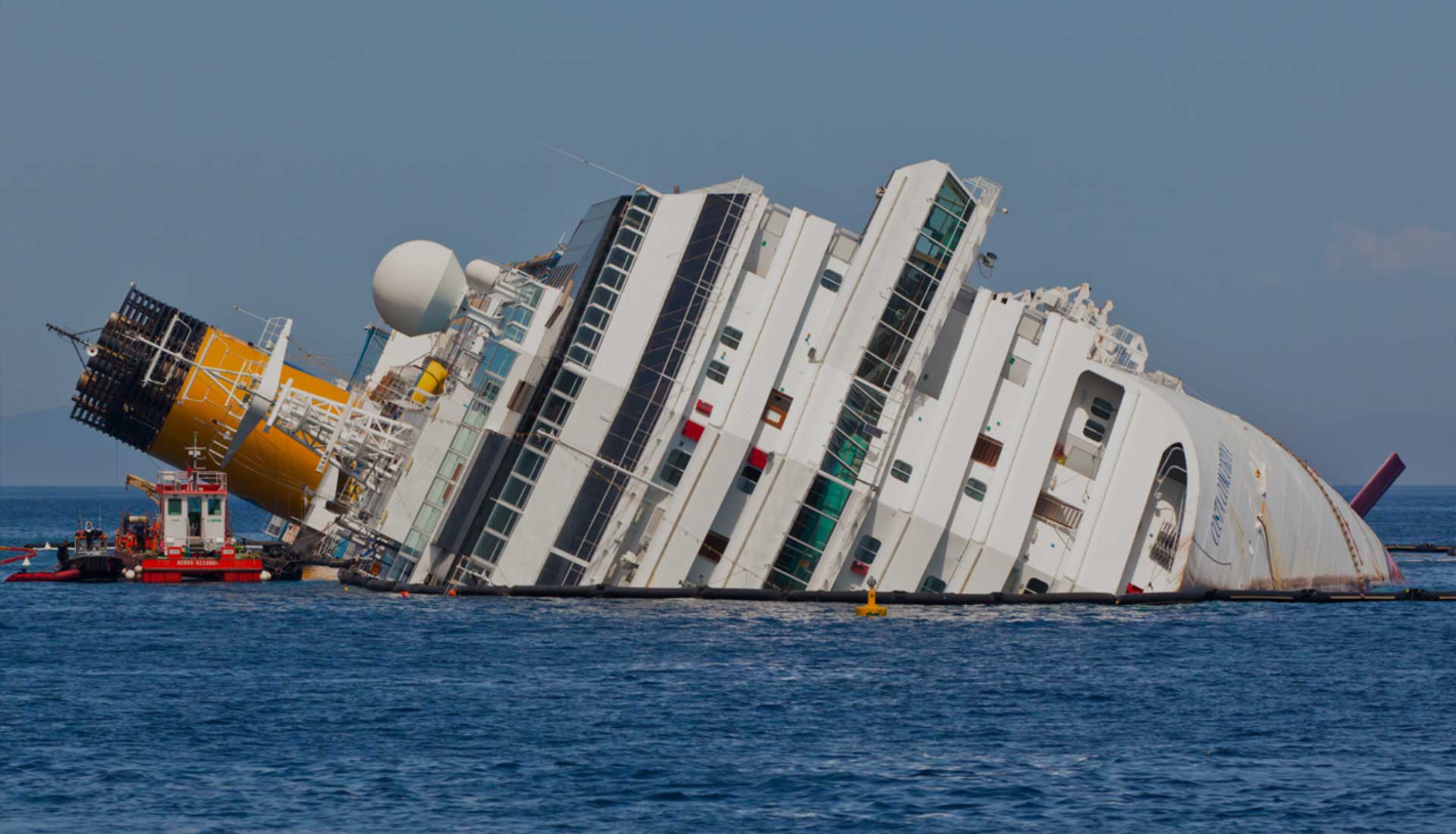The Admiralty Law, also known as the Law of the Sea, is a body of laws governing maritime offences. This body of law is a private international law governing the relations between private organizations that operate ships in the oceans. The law of the sea is not the same law of the sea as the public international law governing navigational rights, mining rights and coastal jurisdiction.
The marine industry has existed for hundreds of years and was one of the first ways of trading goods in the trade industry before the industrial revolution. Sea trade and maritime wars have been part of world history for hundreds of years and continue to grow every year. Piracy, which was thought to have stopped hundreds of years ago, is still widespread. Piracy today is not the same as it was in the past. In the past, pirates robbed towns and villages, not just command ships.
As maritime trade grew in popularity, governments needed to find ways to legally regulate what was happening on the high seas. Thoughts have become rules and regulations. The very first version of the law of the sea was the law of Rhodias. The Rhodes law helped to regulate what was happening on the high seas and was documented in Roman and Byzantine codes. The first mention of the law of the sea in the United States appeared in 1787, when the country was considering the Constitution. Thomas Jefferson proposed to James Madison that the amendment should include “a jury trial in all actual cases that can be judged by the laws of the country, not by the laws of nations. This led to the creation of the seventh amendment to the Constitution.
Part of the law of the sea includes injuries to passengers on board ships and ships on the high seas. By law, shipowners are obliged to treat their passengers with care. If passengers are injured on board a ship, the owner of the ship may be held liable for negligence as a result of injury. But if passengers want to sue the owner of the ship, they must be able to prove that the negligence of the owner of the ship caused them injury. The limitation period for filing a claim against a cruise line is usually three years, but due to reservations in the passenger ticket, many cruise lines require passengers to file a claim within one year. They also require that the claim be filed in Miami, Florida, or Seattle, Washington.
Another part of the maritime law is related to lien and mortgages. Sailors to whom salaries are due, sellers who supply ships with essential items such as fuel and storage, and banks that lend money to buy ships, all held onto the ship to guarantee payment. If bail is to be secured, the vessel must be arrested. This can only be decided by a federal court, not a state court.
Maritime law also protects the salvage of property. If a ship loses property at sea and the property is rescued by someone else who wasn’t on the original ship, the rescuer of the property has the right to demand payment for the salvage of the property. This law applies only to the salvage of property and not to human life. Any seafarer at sea has a duty to save anyone whose life is in danger, without hope of reward. There is no reward for saving lives.
Cases of law of the sea are under the jurisdiction of United States federal courts. Other incidents that occur in the maritime industry may be referred to either federal or state vessels. Any maritime mortgage and lien cases must be referred to federal courts.





